
Select Conversations with an Uncle (Now Extinct) and Two Other Reminiscences
by H. G. Wells
'Select Conversations with an Uncle (Now Extinct) and Two Other Reminiscences' Summary
H. G. Wells's Select Conversations with an Uncle (Now Extinct) and Two Other Reminiscences is a collection of three essays that explore the nature of time, memory, and the afterlife. The first essay, "Select Conversations with an Uncle (Now Extinct)," is a fictional account of a series of conversations between Wells and his deceased uncle. In these conversations, Wells' uncle shares his insights on a variety of topics, including science, religion, and the meaning of life.
The second essay, "The Rediscovery of the Unique," is a non-fiction essay in which Wells discusses the importance of individuality and the dangers of conformity. Wells argues that we should all strive to be our own unique selves, and that we should resist the pressure to conform to the expectations of others.
The third essay, "The Duration of Time," is a meditation on the nature of time and the meaning of the past, present, and future. Wells argues that time is not linear, but rather cyclical. He also believes that the past is always present with us, and that the future is already determined.
Essence and Spirit of the Book
The essence and spirit of Select Conversations with an Uncle (Now Extinct) and Two Other Reminiscences is one of exploration and discovery. Wells is a writer who is always asking questions and seeking new ways of understanding the world around him. His essays are challenging, thought-provoking, and ultimately rewarding.
Overview
In the first essay, "Select Conversations with an Uncle (Now Extinct)," Wells introduces his uncle, who has recently returned from South Africa after a long absence. His uncle is a man who has seen a lot of the world and has a wealth of insights to share. Wells and his uncle have a series of conversations on a variety of topics, including science, religion, and the meaning of life.
One of the most interesting conversations that Wells and his uncle have is about the nature of reality. Wells' uncle argues that reality is not as fixed and objective as we might think. He believes that our perception of reality is shaped by our individual experiences and beliefs. Wells is intrigued by his uncle's ideas, and he begins to question his own understanding of the world.
In the second essay, "The Rediscovery of the Unique," Wells discusses the importance of individuality and the dangers of conformity. Wells argues that we should all strive to be our own unique selves, and that we should resist the pressure to conform to the expectations of others. He believes that conformity leads to mediocrity and a loss of creativity.
Wells argues that individuality is essential for progress. He believes that we need people who are willing to challenge the status quo and come up with new ideas. He also believes that individuality is essential for happiness. When we are true to ourselves, we are more likely to be fulfilled and satisfied with our lives.
In the third essay, "The Duration of Time," Wells reflects on the nature of time and the meaning of the past, present, and future. Wells argues that time is not linear, but rather cyclical. He believes that the past, present, and future are all happening simultaneously. Wells also believes that the future is already determined.
Wells's ideas about time are challenging, but they are also thought-provoking. He forces us to think about time in a new way. He also makes us think about our own lives and the choices that we make.
Conclusion
Select Conversations with an Uncle (Now Extinct) and Two Other Reminiscences is a classic work of British literature that is sure to fascinate and inspire readers of all ages. Wells's essays are a testament to his brilliance and his curiosity about the world.
Book Details
Language
EnglishOriginal Language
EnglishPublished In
1895Genre/Category
Tags/Keywords
Authors
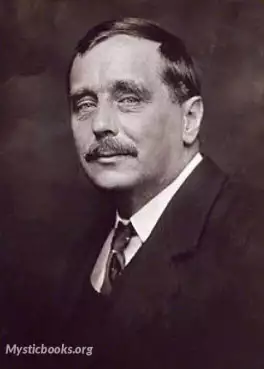
H. G. Wells
England
He was most prominent as a forward-looking, even prophetic social critic who devoted his literary talents to the development of a progressive vision on a global scale. A futurist, he wrote a number of...
Books by H. G. WellsDownload eBooks
Listen/Download Audiobook
- Select Speed
Related books
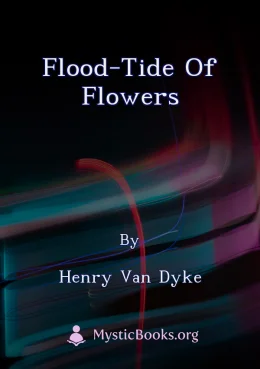
Flood-Tide Of Flowers by Henry Van Dyke
“Flood-Tide of Flowers” is a collection of essays and poems by Henry Van Dyke, exploring the beauty and significance of nature, particularly the chang...
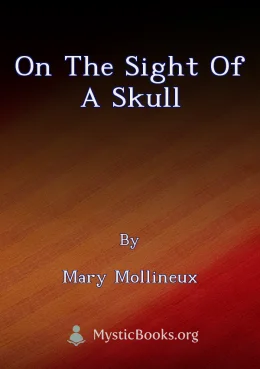
On the Sight of a Skull by Mary Mollineux
Mary Mollineux's 'On the Sight of a Skull' is a contemplative essay exploring themes of mortality and the human condition. Mollineux, a woman of stron...
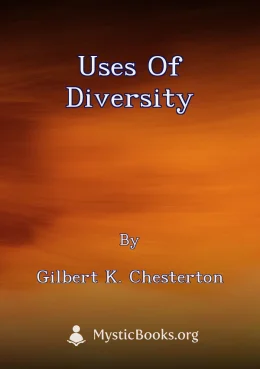
Uses of Diversity by Gilbert K. Chesterton
G.K. Chesterton's 'Uses of Diversity' is a collection of 35 essays that explore a wide range of topics, from the mundane to the profound. Chesterton's...
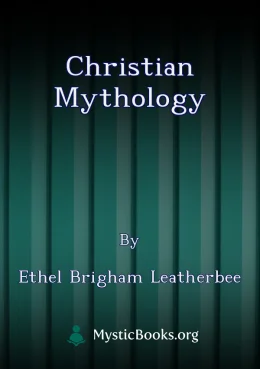
Christian Mythology by Ethel Brigham Leatherbee
Ethel Brigham Leatherbee's "Christian Mythology" delves into the origins and development of Christian beliefs, arguing that Christianity, like other r...
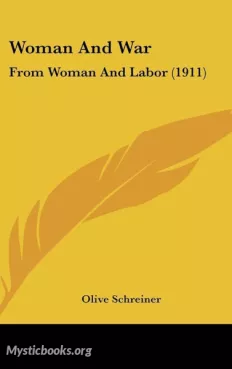
Woman and War by Olive Schreiner
What is the true cost of war on women? Woman and War by Olive Schreiner is a powerful and moving novel that explores the impact of war on women. Set...
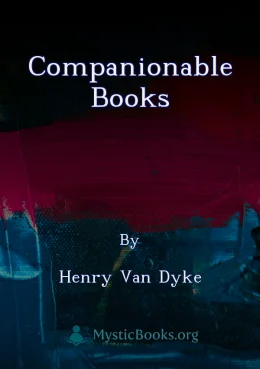
Companionable Books by Henry Van Dyke
This book, 'Companionable Books', is a collection of essays by Henry van Dyke, where he explores his personal connection with various books and author...
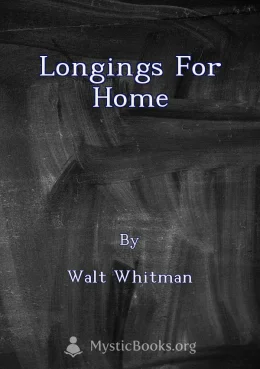
Longings for Home by Walt Whitman
“Longings for Home” is a collection of essays by Walt Whitman, exploring themes of home, longing, and nostalgia. It delves into the complexities of hu...
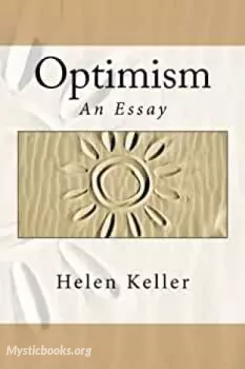
Optimism, An Essay by Helen Keller
It is a testament to Keller's unwavering belief in the power of positive thinking and the human spirit. In this insightful essay, Keller explores the...
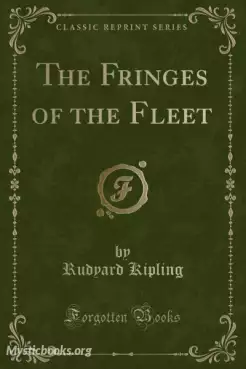
The Fringes Of The Fleet by Rudyard Kipling
The Fringes of the Fleet is a booklet written in 1915 by Rudyard Kipling. The booklet contains essays and poems about nautical subjects in World War I...
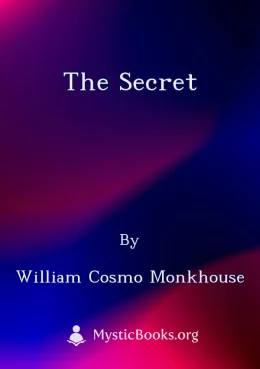
The Secret by William Cosmo Monkhouse
LibriVox volunteers bring you 17 different recordings of The Secret by Cosmo Monkhouse. This was the weekly poetry project for the week of November 4t...
Reviews for Select Conversations with an Uncle (Now Extinct) and Two Other Reminiscences
No reviews posted or approved, yet...